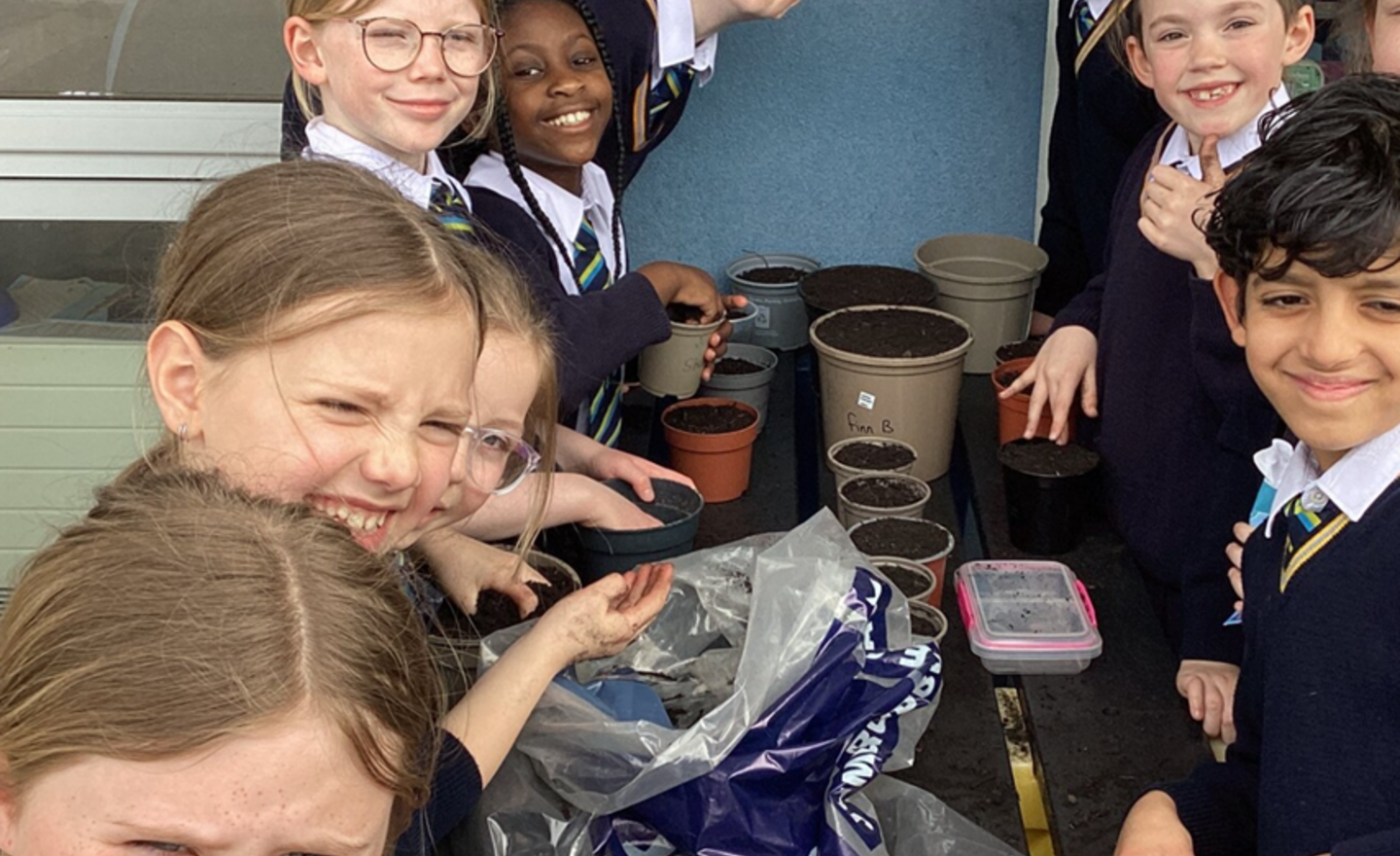Welcome to Year Three
Elm class is taught by Mrs Tate and Mrs Powlesland.
Beech class is taught by Mrs Austin and Mrs Croston.
Olive is taught by Mrs Rodriguez.
Useful information
PE
Our PE days are Monday and Tuesday. Please come into school in your PE kit. Please remember this is black shorts, white PE top and Heyhouses jumper or the new PE kit from the uniform shop in colder months. Once your child has been in Year 3 for a few weeks, we will assign them to houses and they will be given a colour. You can then purchase their coloured PE top from the school uniform shop.
Pick up and drop off
From Clarendon Road North, walk down the path and follow the building round to the right on to the Year 3/4 playground. Beech class is the first classroom you will come to then Elm class then Olive class.
The doors open at 8:45 and registration is at 8:55. Pick up is 3.30 from the Year 3/4 playground.
Reading
Please continue to read at home and record in your planners. We expect your child to be reading 3 times a week. We will hand out chapter books in the Autumn term for those children that are ready. Your child may also continue to read books from home or the public libraries and record these in their planners as their weekly reads. We want to encourage reading for pleasure.
Pencil cases
Your child may bring in a pencil case to keep their belongings. Please ensure this is not too deep as the drawers are only shallow.
Snack
You may send your child to school with a healthy snack. Please do not send crisps, chocolate or sweets. We are a nut free school and have a severe nut allergy in Year 3. We also have a tuck shop to buy toast (20p) tea cakes (30p) or crumpets (30p).
We have lots of fun in Year 3, please see our Blog to see what we have been doing in school.
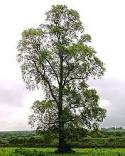
Welcome to Elm Class
Mrs Tate is our class teacher.
We have lots of exciting topics to learn about in Year 3 including the Stone Age and the Romans.
Homework is set on a Friday and to be completed by the following Thursday. This is often an online homework.
Please ensure you read with your child at least 3 times a week.
Year 3 Elm
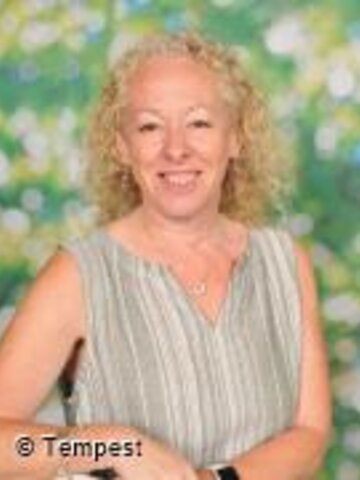
Mrs A. Tate
Class Teacher
.jpg)
Mrs Powlesland
Class Teacher
.jpg)
Mrs Wright
Teaching Assistant
.jpg)
Mrs Sharman
Teaching Assistant
.jpg)
Mrs Rudd
Teaching Assistant
.jpg)
Mrs Lord
Teaching Assistant

Welcome to Beech Class
Hello and welcome to Beech Class, Mrs Austin and Mrs Croston are our class teachers.
We have lots of exciting topics to learn about in Year 3 including the Stone Age and Romans.
Homework is set on a Friday and to be completed by the following Thursday. This is often an online homework.
Please ensure you read with your child at least 3 times a week.
Year 3 Beech
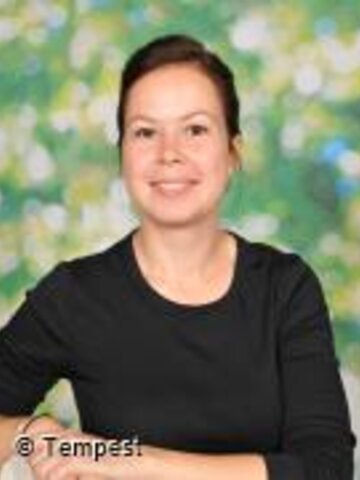
Mrs Austin
Class Teacher
.jpg)
Mrs Croston
Class Teacher
.jpeg)
Mrs Heyes
Teaching Assistant
.jpg)
Mrs Lord
Teaching Assistant
.jpg)
Mrs Dinsdale
Teaching Assistant

Welcome to Olive Class
Mrs Rodriguez is our class teacher.
We have lots of exciting topics to learn about in Year 3 including the Stone Age and Romans.
Homework is set on a Friday and to be completed by the following Thursday. This is often an online homework.
Please ensure you read with your child at least 3 times a week.
Year 3 Olive
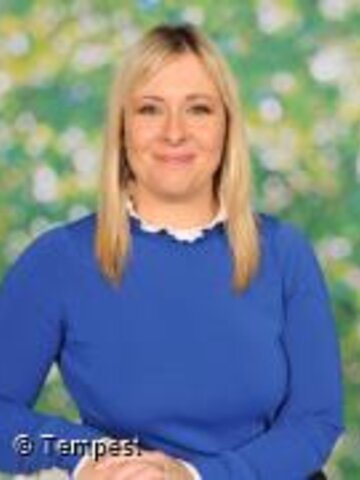
Mrs S. Rodriguez
Class Teacher
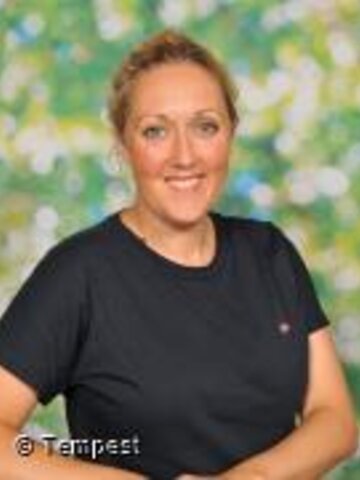
Mrs Hargreaves
Teaching Assistant
.jpg)
Mrs Wright
Teaching Assistant
.jpg)
Mrs Lord
Teaching Assistant
.jpg)
Mrs Dinsdale
Teaching Assistant
Please see the curriculum map below which details the learning and experiences the children will have this year.
Year 3 Curriculum
CUSP Spelling Curriculum
The CUSP Spelling curriculum is organised into 2-week blocks, with each block covering a particular set of key concepts, including spelling patterns, etymology and morphology and reasoning about spelling.
Each block includes the study of key spelling concepts. We call them concepts and not rules because there are simply too many exceptions to any pattern for it to be a rule. The curriculum is not built around the rote memorisation of spelling ‘rules’; instead, the focus is building on what pupils have learnt about the alphabetic code through Phonics lessons and teaching them to seek patterns and reason about how to spell new or unfamiliar words.
The spelling concepts included in CUSP Spelling are much further reaching than the National Curriculum programme of study for Spelling. The statutory concepts are included in the long-term sequence but these are paired with the study of etymology and morphology, a focus on common misconceptions, learning about self-correction and reasoning about spelling attempts. This ensures that pupils become competent spellers and that they develop the independence to identify and correct errors in their independent writing. Each concept is taught, revisited and consolidated throughout the curriculum so that pupils master this learning and commit it to the long-term memory.
Common Exception Words
Common exception words are words that do not follow standard phonetic rules in English, making them tricky for young readers and writers.
These words often contain unusual letter combinations or do not conform to the phonetic patterns that children learn in early education. Mastering these words is crucial for developing reading fluency and comprehension, as they form the foundation of many sentences and texts.
Please support your child in learning to read and spell these words by the end of Year 3.
Primary school children are expected to know all their times tables up to 12x12. Under the National Curriculum, children are supposed to know their times tables by the end of Year 4. Our aim is to give children the core skills, knowledge and confidence that they need to thrive in KS2, secondary school and beyond.
Please use the following resources to regularly practise your times tables knowledge:
Times Table Rock Stars: Paper Support Documents
Homework will usually be set on a Friday to be completed by the following Thursday (unless specified).
Reading
Please read at least 3 times per week and record in your child's planner. Reading can be books from school, home or public libraries. When reading with your child, please try to ask them questions to help their understanding and comprehension skills. The leaflet below shows example questions that they will be asked in comprehensions in class and during assessments.
If you would like a pdf of this bookmark, please click here
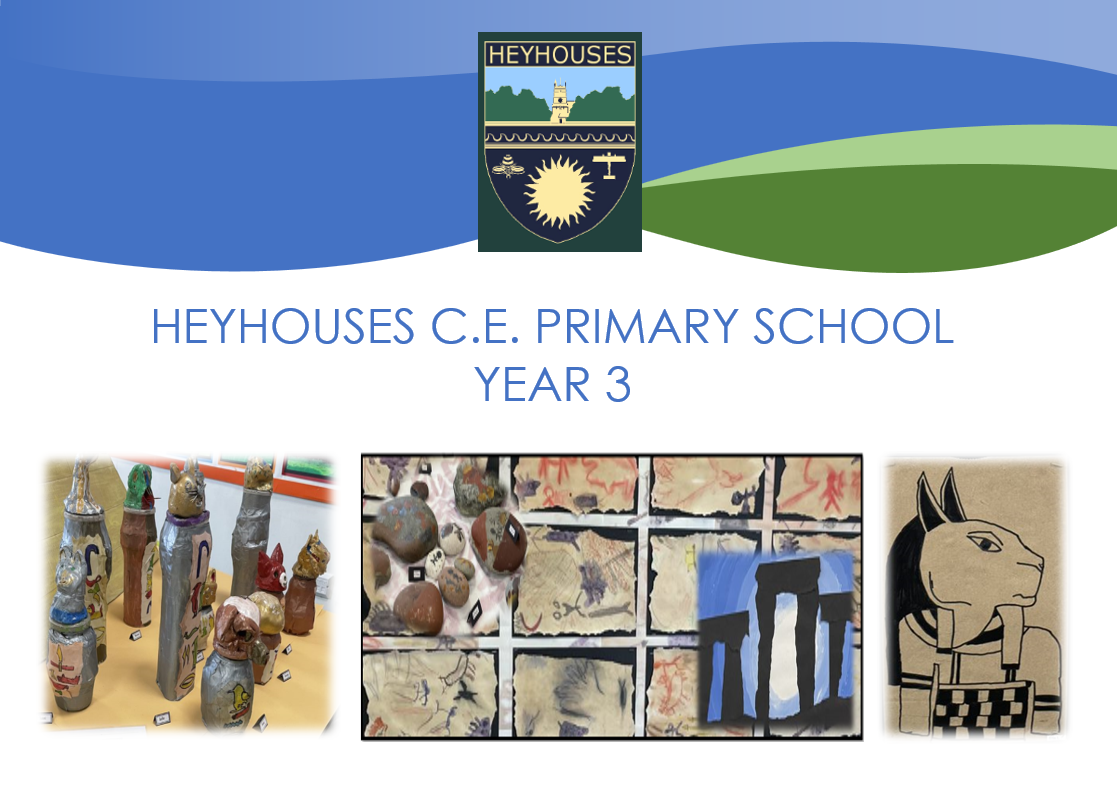
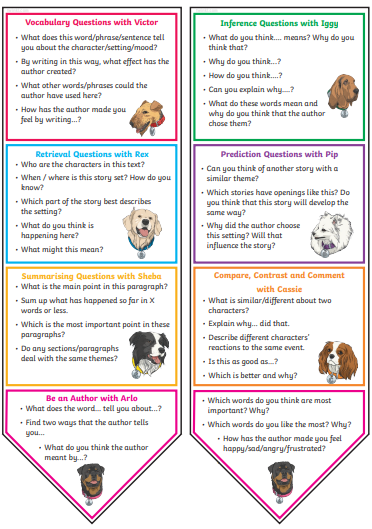
.jpg)
.jpeg)
